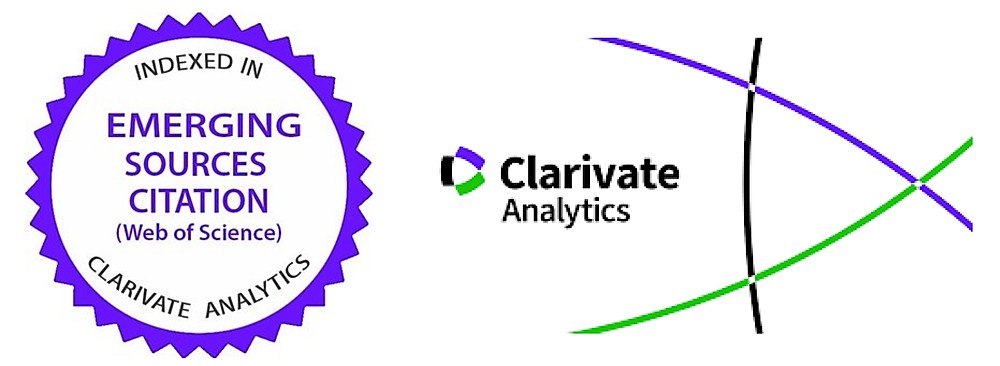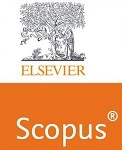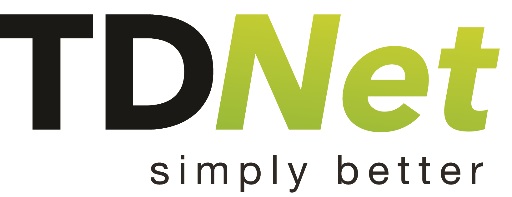Value Added Tax and Economic Development: Focus on Human Capital Development
Abstract
This study investigates the impact of Value Added Tax on Economic Development and Human Capital Development from 1994 to 2022. Employing a longitudinal research design, the study utilizes data specific to Nigeria and obtained from the office of the Federal Inland Revenue Service (FIRS), the Statistical Bulletin of the Central Bank of Nigeria (CBN), and the World Bank. The collected data is then analyzed using the Johansen Co-integration, Vector Error Correction Model, and Vector Autoregressive analysis technique. The research establishes a connection between Value Added Tax (VAT) and the Exchange rate, demonstrating their impact on Economic Development and Human capital development in Nigeria. The verdicts show that both VAT and Exchange Rate significantly impact both Economic Development and Human Capital Development, though negatively. However, these findings are not meant to discourage but rather to serve as a catalyst for change. The recommendations outlined in the study emphasize the importance of training, oversight, exchange rate stabilization, investment in education, and financial security in promoting Economic Development and Human Capital Development in Nigeria. Tax regulatory authorities should improve management of VAT funds to ensure they are utilized for developmental objectives. Finally, organizations such as the EFCC must remain steadfast in their commitment to preventing the misuse or diversion of VAT funds meant for Capital Expenditure and the development of the nation’s human resources, thereby safeguarding the financial security of the government and the nation as a whole.



























